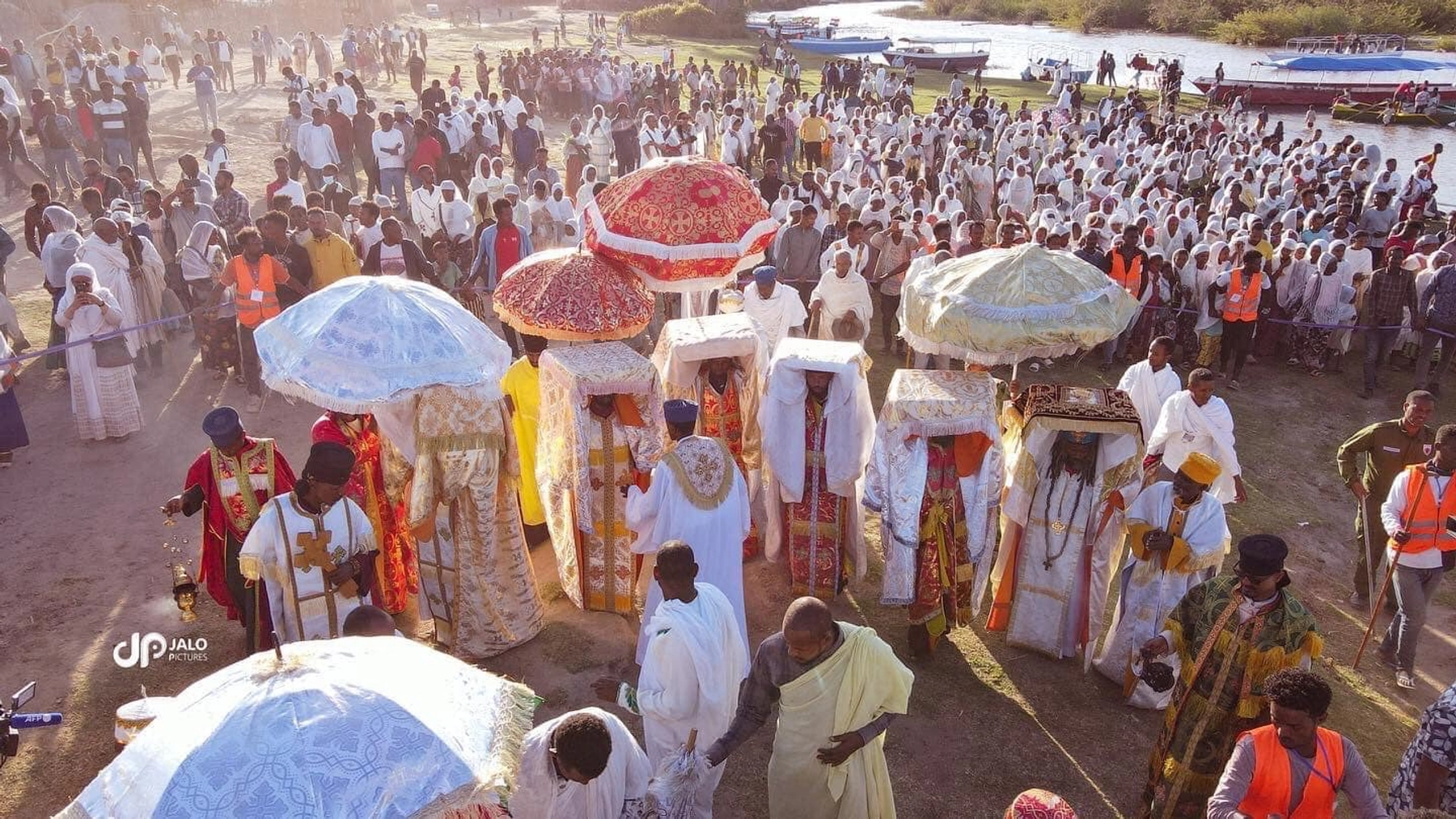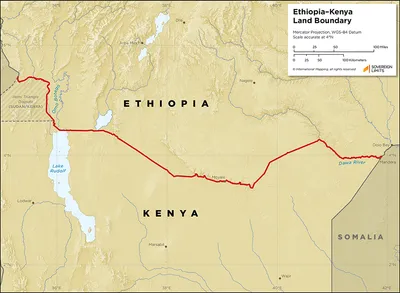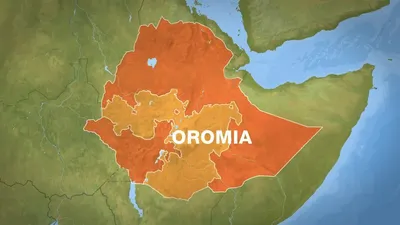Oromo deacon banned for singing in his mother tongue

An Oromo deacon was banned by the Ethiopian Orthodox Tewahedo Church (EOTC) for singing in his native language during church service. The church also accused the deacon of undermining the church council’s authority and profiting from the current political tensions within the EOTC.
The Ethiopian Orthodox Tewahedo Church in Dodola, West Arsi Zone of the Oromia region banned deacon Chala Dagafa for “singing to the congregation in the Oromo language” during church service, according to a termination letter shared by the deacon.
In its Amharic letter, the church said although it had previously warned the deacon, cut his salaries, and had him advised by elders, the deacon nevertheless sang in the Oromo language during a church service on Sunday, June 25, 2023, which disrupted the service and confused the clergy.
“You are thus banned until your case is looked over by the church council and receives a response from higher authorities,” the church added.
The EOTC was the official state religion of Ethiopia until 1974 when Emperor Haile Selassie was deposed and the country became secular.
Prior to 1974, the church was a politico-religious institution that played a significant role in imposing Amhara culture, language, and values on non-Amharas. In Oromia and southern Ethiopia, it presided over large swaths of land confiscated from several other ethnic groups, including the Oromo. The church also had “gabbars” (slaves) who were forced to provide labor and tribute to the church.
In 1947 in Dodola, for instance, Abuna Tewoflos, the bishop of Harar, organized a mass baptism of an estimated 20,000 Arsi Oromo Muslims and adherents of the indigenous Oromo religion against their will.
The current tension in the church is rooted in the context of this historical injustice and ethnic dominance. Oromo bishops want to worship in their language and manage their religious institutions, while Amhara bishops, while in full control of all church institutions in the Amhara region, insist they are unwilling to relinquish their age-old privilege in Oromia.
Tigrayan bishops have also severed their ties with the EOTC after it supported the war in Tigray and propagated hate speech targeting the region’s population.
While the Amhara-dominated EOTC expressed its interest to normalize relations and pledged 20 million birr, the Tigray Orthodox leaders declined.
We need your support
We trust you found something of value in this article. If so, we kindly ask you to consider helping Curate Oromia continue its work.
If you believe in the importance of independent voices and honest reporting, we invite you to support our efforts through our GoFundMe campaign.
Every contribution, however small, goes directly to our writers and the expansion of our reach.
Thank you for your support.



